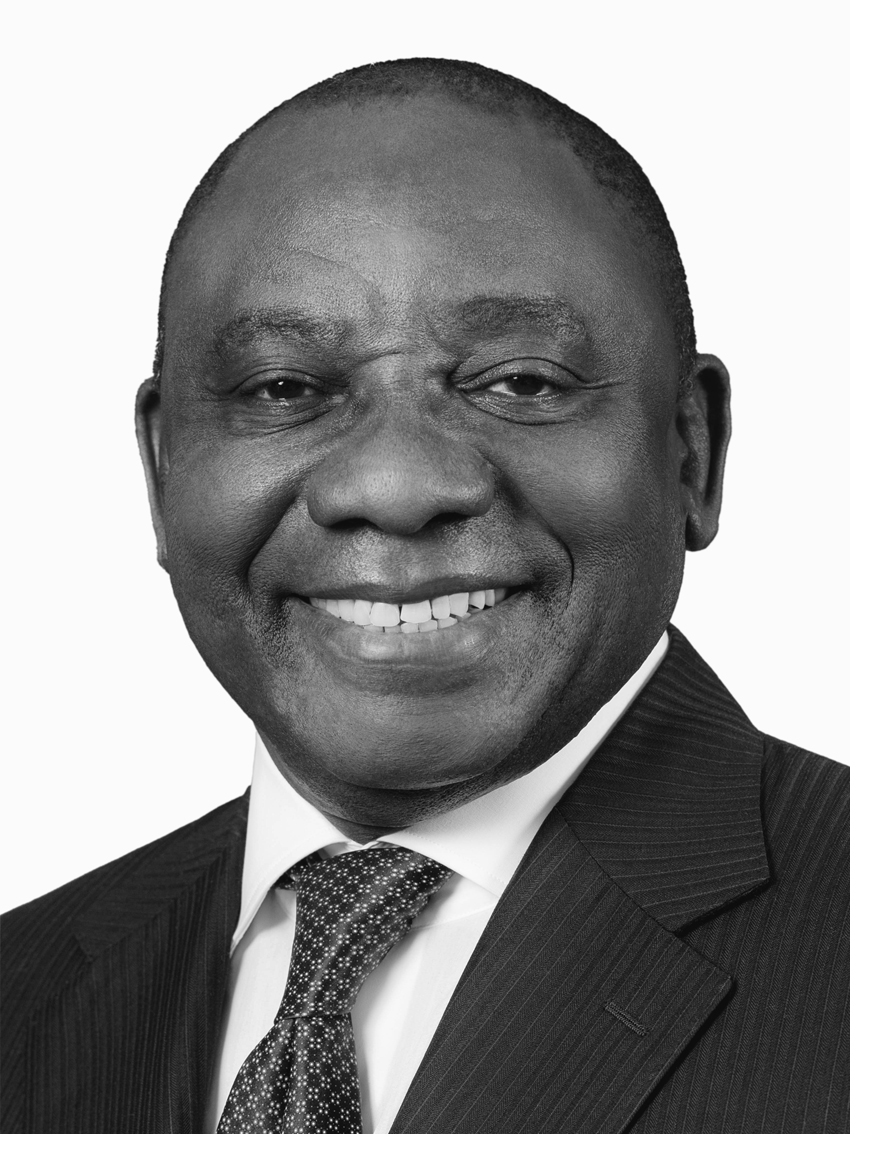President Ramaphosa departs TICAD VII after successful working visit to Japan

President Cyril Ramaphosa has today, 29 August 2019, successfully concluded a working visit to Japan where he participated in the 7th Tokyo International Conference on African Development (TICAD VII) in Yokohama.
TICAD VII was hosted by Japanese Prime Minister Shinzo Abe from 28 to 30 August 2019 and was convened under the theme “Advancing Africa’s development through Technology, Innovation and People”.
The Summit sought to further deepen trade and investment, capacity and skills development, networking and people’s exchange between African nations and Japan.
The President, as part of the activities ahead of the opening of the TICAD VII, visited the Nissan Motor Corporation headquarters in Yokohama where he also engaged with business leaders at a South Africa-Japan Business Forum and encouraged potential investors to collaborate with South Africa and the African continent to establish their businesses in the next frontier market in the world.
President Ramaphosa invited investors to attend the South Africa Investment Conference which is scheduled to take place in November 2019. “South Africa has been a good partner to Japanese businesses over the years, and we have been able to address the challenges and constraints that were raised, we seek to be an entrepreneurial nation and our objective is for business to succeed,” President Ramaphosa said.
With South Africa hosting Japanese investments of more than R90 billion, President Ramaphosa called for expanded interaction between South African companies and Japanese counterparts in both markets.
In a bilateral meeting with Prime Minister Abe, the two leaders agreed to cooperate in the maritime sector and in the protection of the marine environment; to investigate a possible expansion of access to the Japanese market for South African citrus producers, and the expansion of training programmes for South Africans in both countries.
President Ramaphosa also addressed the TICAD Science and Technology in Society Forum which plays a role in forging international partnerships to enhance the role of technology in the development of society. The President, on behalf of South Africa endorsed the focus of science, technology and innovation as a priority theme for TICAD 7, given its great potential to accelerate African development through mutually beneficial partnerships with Japan.
“Such investment and expansion is critical if we are to achieve the priorities set out in our continent’s platform for action Agenda 2063. After all, it is science and innovation that produced vaccines that save the lives of millions of children on the continent.”
The President said partnerships between governments and business enabled innovation to thrive and innovation should give rise to solutions across sectors such as health and agriculture and should encourage the location of research infrastructure in Africa.
The President co-chaired Summit plenary sessions on accelerated economic transformation and improving business environment through innovation and private sector engagement with the Deputy Prime Minister of Japan, Mr Taro Aso. The President implored that for Africa’s economy to grow and attract foreign direct investment to increase the potential for job creation and poverty alleviation, all nation states had to review their existing laws to lessen risks, tackle corruption, and strengthen public accountability institutions.
President Ramaphosa also addressed the Japan-South Africa Business Expo, which was hosted by Japan External Trade Organisation (JETRO) and was attended by 150 Japanese exhibitor companies and business people from Africa. Japan shared a recognition of opportunities on offer in Africa. JETRO announced that 57 percent of Japanese firms currently based in Africa are planning to expand their businesses in the forthcoming future.
At the thematic session on Climate Change, chaired by United Nations Secretary-General Mr António Guterres, President Ramaphosa said that South Africa was working towards implementing the Sendai Framework while ensuring its appropriate integration with the broader climate change and sustainable development agenda.
The African continent contributes less than 6 percent of global greenhouses gas emissions and has often been disproportionately affected by more frequent extreme weather and climate events. The President acknowledged that climate change has a serious potential threat to Africa’s development and prosperity and this is calls on all nation States to develop future-proof economic growth models.
President Ramaphosa had bilateral meetings with President Mummadu Buhari of the Federal Republic of Nigeria, President Paul Kagame of the Republic of Rwanda, President Félix Tshisekedi of the Democratic Republic of the Congo and the Vice President James Wani Igga of the Republic of South Sudan.
President Ramaphosa was accompanied at the TICAD VII by Minister of International Relations and Cooperation, Dr Naledi Pandor, Minister of Trade and Industry, Mr Ebrahim Patel and Minister of Higher Education and Training, Science and Technology Dr Bonginkosi Nzimande.
Media enquiries: Khusela Diko, Spokesperson to the President – 072 854 5707
Issued by: The Presidency
Pretoria




